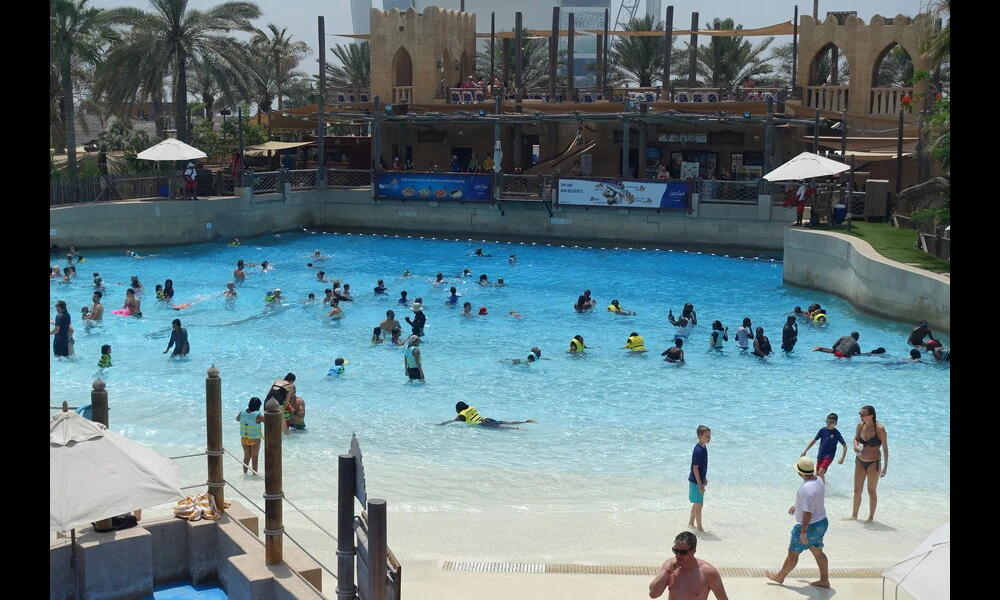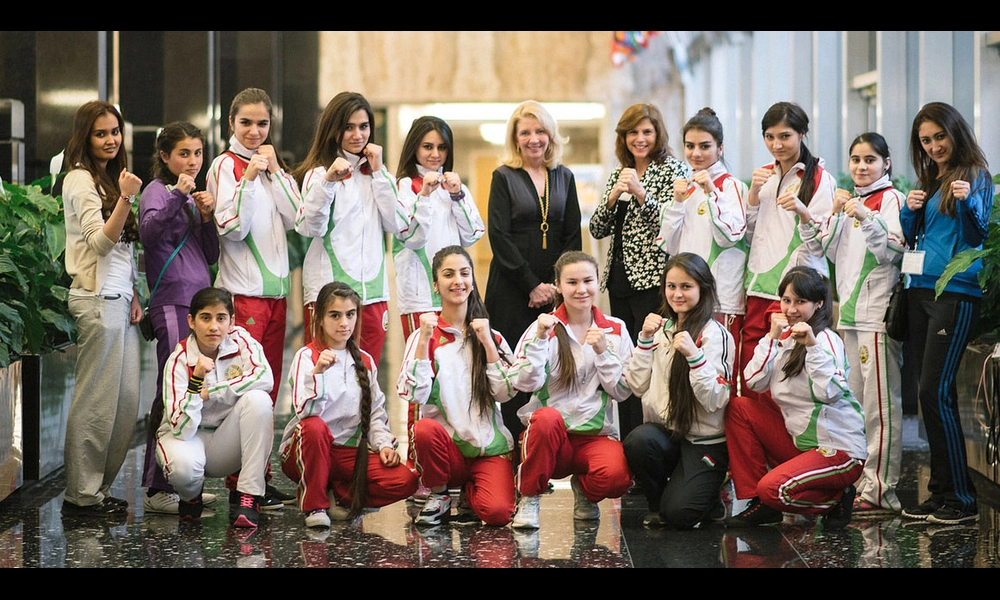Do Public Pools Increase Prejudice?
Published on Thu Aug 10 2023 Wild Wadi Water Park Dubai | Jeremy Thompson on Flickr
Wild Wadi Water Park Dubai | Jeremy Thompson on FlickrNew research suggests that interethnic contact in public swimming pools may actually increase prejudice and support for far-right political parties. The study, which analyzed data from more than 240,000 voters in Germany, found that interethnic contact in public pools increased far-right voting by about 0.8 percentage points. These effects were only present in localities with high levels of ethnic diversity. The researchers argue that public pools, while providing an opportunity for contact between natives and immigrants, also act as a catalyst for racial prejudice and perceived outgroup threat. This is because crimes committed by a small minority of outgroup members are visible to a large share of the local population.
The study sheds new light on the conditions under which intergroup contact can actually foster racial prejudice and anti-immigrant sentiment. Previous research has generally found that intergroup contact reduces prejudice, but this study challenges that consensus. The researchers argue that public pools lack key conditions for positive intergroup interactions, such as intergroup cooperation in pursuit of a common goal. Public pools bring different groups together in a shared social space, but only facilitate fleeting interactions without providing sufficient opportunities to bridge social and cultural divisions. As a result, incidents involving outgroup members can reinforce racial stereotypes and increase support for anti-immigrant parties.
The findings have implications for understanding the role of public social spaces in intergroup relations. Public pools, which have become a contested space in many multi-ethnic democracies, may inadvertently contribute to societal divisions and reinforce racial stereotypes. The researchers emphasize the need for further research on effective policy solutions to make interethnic interactions in public spaces more favorable. This could involve minimizing violent incidents through increased security presence, as well as reducing preexisting racial stereotypes among natives. It is important to note, however, that the researchers do not advocate for ethnic segregation in swimming pools or public social spaces, but rather advocate for finding ways to promote positive intergroup interactions.



